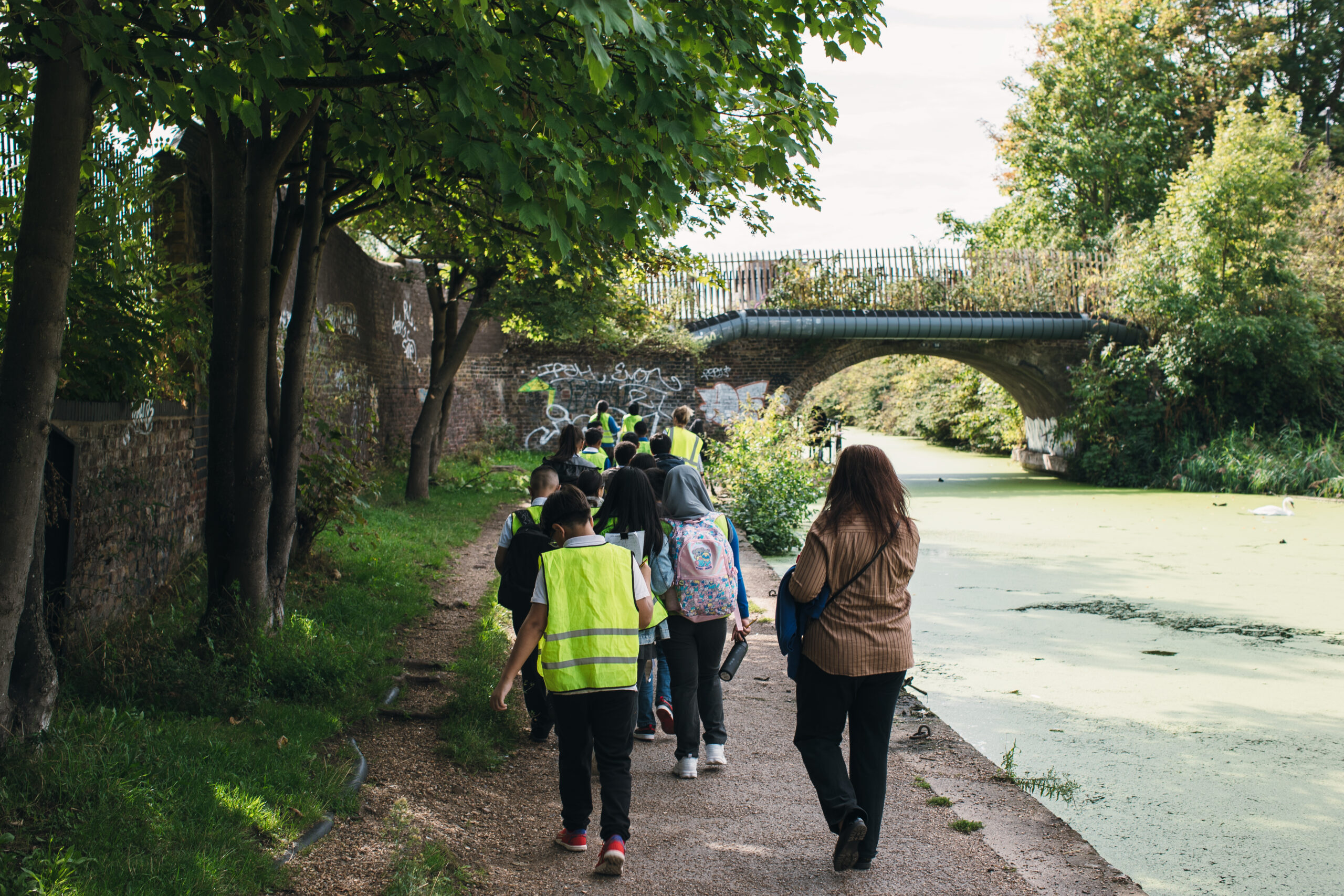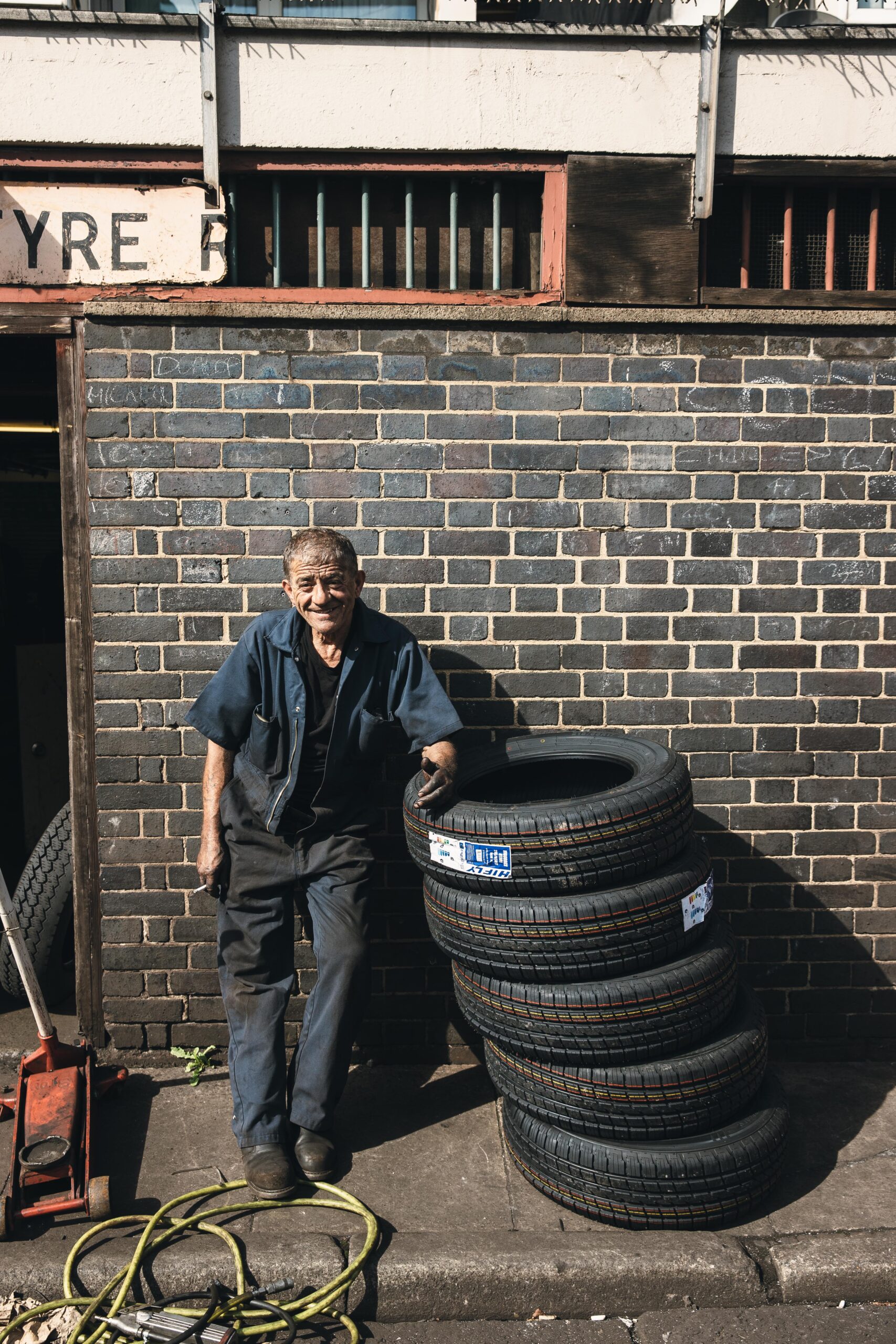Britain’s mental health is getting worse — it’s time to get ahead of the problem
Andy Bell, Chief Executive of the Centre for Mental Health, explains how more and more people are seeking help for their mental health, and how we need election manifestos to take a more preventative approach to get ahead of the problem.
Britain’s mental health is getting worse. Rates of mental health difficulty among children and young people have risen especially quickly since the start of the pandemic and the cost of living crisis. As a result, more and more people are seeking help for their mental health. Even with recent growth in NHS mental health services, care is being rationed because the system is overwhelmed. We have to turn this around.
Recent funding announcements from the government show that early intervention in youth mental health is becoming more of a priority. Labour have also focused recent announcements at their annual conference on youth mental health, including early support hubs in every community.
To truly get ahead of the problem, we need election manifestos to take a more preventative approach. Our mental health is shaped by the world around us. The building blocks of health – such as a secure home, enough money to live on, and clean air – are rarely part of the conversation but are a significant part of the problem.
Our mental health is shaped by the world around us. The building blocks of health – such as a secure home, enough money to live on, and clean air – are rarely part of the conversation but are a significant part of the problem.
What does this mean in practice? Take an issue like housing — insecure and overcrowded housing is directly associated with stress and anxiety. Housing costs make up around 20% of our incomes (34% for the lowest income renters), and over a fifth of children live in damp homes. And lack of action on these issues is causing lives to be cut short. The life expectancy of a person with a severe mental illness diagnosis is about 20 years shorter than someone without a diagnosis and the gap is getting bigger. These kinds of health disparities have widened in recent years as deprivation and inequality have worsened.
Addressing poverty and inequality are big parts of the solution. This is never more important than at the start of life. Child deprivation is the most important alterable determinant of lifetime mental health — what happens during our early stages of development matters to us for as long as we live. The stress of poor housing and homelessness cause lasting harm to children’s mental health; yet one child in five lives in a damp home. You can imagine how these issues could lead to poor mental health amongst children and adults, and the evidence is clear. Children from the most deprived 20% of households are four times as likely to have serious mental health difficulties by the age of 11 as those from the wealthiest 20%.
A comprehensive cross-government mental health plan could tackle the causes of distress to protect people’s mental health throughout life. It could boost affordable housing and heating. It could tackle racism and racial injustice. And it could support schools and workplaces to be more mentally healthy.
A comprehensive cross-government mental health plan could tackle the causes of distress to protect people’s mental health throughout life.
The reductions in poverty, inequality, and housing insecurity through affordable, secure rents, and lower energy bills would certainly reduce the levels of stress and anxiety that we see prevalent in deprived areas across the UK.
Both parties have committed to a 10-year cross-government plan, but the Government has had almost two years since this was promised, while we are yet to see the detail of the Labour approach. Solutions like building more energy efficient social homes would have a significant impact. A 10-year Affordable Homes Programme of £12bn per year could deliver at least 90,000 social homes a year.
Addressing inequalities is good for everyone. Even before the Covid-19 pandemic, health inequalities were estimated to cost the NHS an extra £4.8 billion a year, society around £31 billion in lost productivity, and between £20 to £32 billion a year in lost tax revenue and benefit payments.
Addressing inequalities is good for everyone.
And, research shows that more unequal societies experience higher levels of distress than more equal ones such as those in Scandinavia, New Zealand, and Japan. Reducing poverty and housing insecurity will lessen stress and anxiety for people who face the biggest risks to their mental health.
Prevention works. We’ve seen how it can reduce rates of smoking and make our roads safer, and the benefits of vaccination programmes. Now we can do the same for the nation’s mental health.
The building blocks of health are being recognised more and more – Centre for Mental Health is a member of Health Equals, joining 26 think tanks, businesses, and charities in calling for Britain to get well soon by recognising the importance of the building blocks of health.
We are seeing more awareness but what we need are solid commitments from policymakers to take action. We call on the Government to act now and on all political parties at the next General Election to commit to a long-term plan to create better mental health for all. A mentally healthier nation is possible, and it will benefit every one of us.
This blog was originally published in Politics.co.uk.




